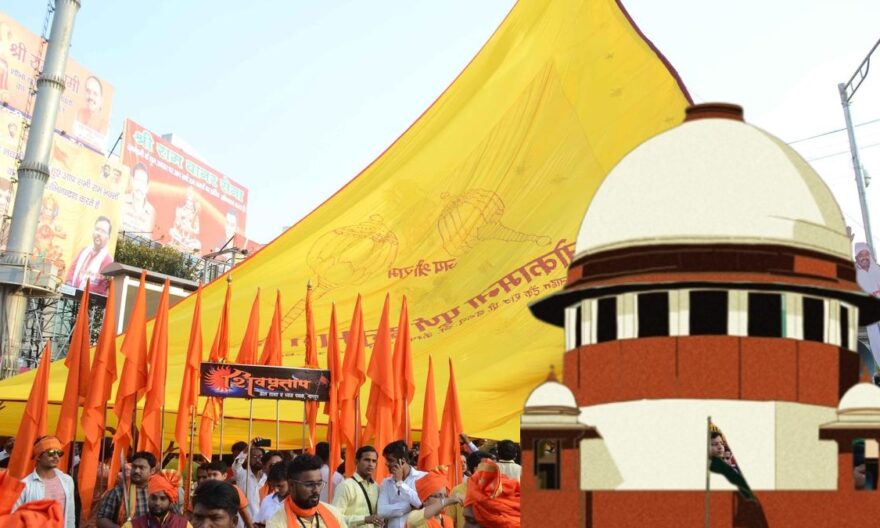
The Supreme Court on Friday allowed the Jharkhand government and its power distribution company to temporarily cut electricity along the routes of Ram Navami processions.
This comes in response to concerns over possible electrocution accidents during large-scale religious gatherings.
Court’s Decision
The ruling came after the Jharkhand High Court had earlier barred the state from cutting power during religious processions, citing disruption of normal life. However, the state government challenged the order, arguing that the practice of shutting off electricity in procession routes had been followed for over 20 years without issue and was a well-established safety measure.
Representing the Jharkhand government, senior advocate Kapil Sibal explained that during Ram Navami, large processions often include tall chariots, metal structures, or decorative poles that could come into contact with live overhead electrical wires. Temporary power cuts in such areas are a preventive measure to avoid fatal accidents.
A bench of the Supreme Court, led by Chief Justice Sanjiv Khanna and comprising Justices Sanjay Kumar and K V Viswanathan, agreed with the state’s position. The court modified the High Court’s order, giving the state the green light to proceed with controlled and temporary power shutdowns along specific routes where processions are scheduled.
The judges observed that public safety must override inconvenience, especially during large public or religious events. They emphasized that avoiding loss of life or injury due to electrocution is of paramount importance.
Why This Matters?
Ram Navami is a major Hindu festival celebrated across India, marking the birth of Lord Rama. In Jharkhand, like in many other states, devotees participate in grand processions that move through towns and cities, often involving large crowds and elaborate setups.
Given the risks involved especially in areas with low-hanging electrical lines or densely packed buildings — authorities have historically chosen to temporarily suspend power supply on these routes during the processions.
This case highlights a broader debate between religious freedom, administrative control, and public safety. By modifying the High Court’s directive, the Supreme Court has sent a clear message: government authorities must have the flexibility to take preventive actions to protect lives, even during religious festivities.
More Into The Case
The Jharkhand government can now go ahead with implementing power cuts wherever necessary during this year’s Ram Navami processions. However, it is expected that the power supply will be restored immediately after the processions pass, and the measures will be applied only in high-risk zones, minimizing disruption to the public.
The ruling may also serve as a precedent for other states, reaffirming the principle that safety-first approaches during festivals are legally valid and necessary.
Read More: Supreme Court, Delhi High Court, States High Court, International




